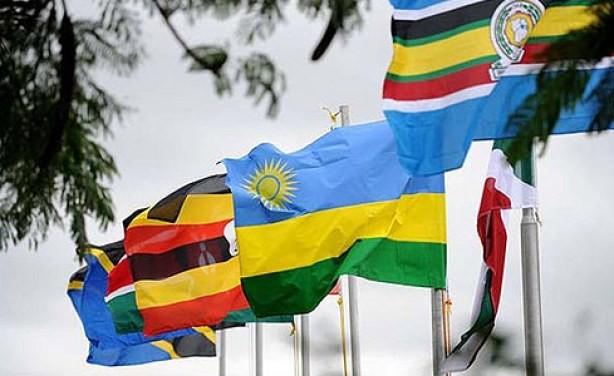Negotiators agreed to raise the East Africa Community’s (EAC) upper tariff band to 32 per cent.
This breaks a deadlock that has delayed review of the customs taxes for close to 10 years.
Currently, east Africa’s three-band common external tariff (CET) structure has an upper rate of 25 per cent, which is the private sector blames for letting in cheaper goods from outside the bloc.
Raw materials and capital goods are currently charged zero per cent by the region, while inputs are charged 10 per cent and 25 per cent on finished goods imports.
In addition, items that can be produced within, EAC has put them under the sensitive list to attract CET at rates between 35 and 100 per cent this includes a number of products such as maize, rice and textile.
According to the agreement, the tariffs will be reviewed to charge import duty of 32 per cent on all finished goods from non-EAC states.
Also Read: Canadian mining firm East African metals offer Ethiopian mine to China
“We mediated and arrived at an upper band of 32 per cent, a figure we thought would be favourable to everyone,” said Mr Peter Mathuki, CEO of the East African Business Council (EABC).
To protect the local industries from an influx of cheap goods, Uganda and Uganda have been pushing for a higher upper CET band of 35 per cent while Rwanda has been keen on an upper limit of 30 per cent.
Before being presented to the Heads of States Summit, the new band will have to be ratified by the council of ministers.
To push for the replacement of the three-band tariff structure with a four-tariff one “to address various degrees of processing and encourage backward and forward value addition”. EABC throughout the CET review negotiations has been teaming up with national lobby groups East (AIB, KAM, CTI, RAM and UMA).
The private sector has also been pushing for the introduction of specific as opposed to the percentage duty rate on products prone to undervaluation, dumping, subsidy and world price fluctuations.
The private sector has also been pushing for the establishment of an independent regional agency to scrutinise and approve any requests for exemption and duty remission.
